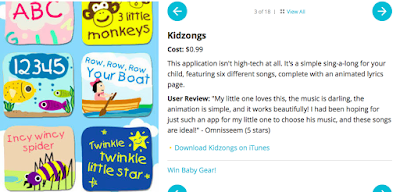 |
| Who Is Your Family Photographer? |
This time of the year families get together and create memories. Often at the end of the visit, someone will say, “Oh, we forgot to take pictures while we were all together!” Children can be trained to be official photographers. They can be encouraged to take a few really good and interesting photos and decide which ones to keep.
Children as young as 4 can take pictures responsibly with guidance. First teach them the basics. If you want new digital camera, the Canon Power Shot ELPH 180 is highly recommended for youngsters first learning to use a camera. It costs a little over $100 and takes photos almost as good as an expensive Smart Phone.
Where to Start
If you do let kids use your Smart Phone, there are many editing Apps like Enlight Photofox where a team of teens and youngsters can have surprisingly professional results. You can search Apps for kids’ photography, Pixlplay adapted Smart Phones for kids, Kidizoom camera, and places to save kids’ photos on line.
Now back to the traditional digital camera. Professionals
 |
| Decide What You Want to Capture |
have suggestions. Show children how to hold the camera with the strap always around their wrist with the camera tight against their body perfectly still. Show them how to use the buttons: power, snap shot, replay, and trash. Then explain how to decide what they want to take by just looking through the screen. They can practice taking close ups and extreme close ups safely inside the house without using the zoom. Young children are often too unsteady for the zoom.
Photography Patience
The first time photographer will probably use up the battery clicking away so don’t expect a great deal of keepers. Point out that a photographer needs light or flash but does not point into the light unless there is a reason. Show them what
 |
| Look For the Creative Angle |
happens if you do. What interests them might be very different from what you want or what interests you for a while. At least everything is digital and can be erased.
Children can practice for portraits by lining up their toys and taking close ups of human faces. They can take photos of hands or shoes so the family can play “Guess Who?” A patient family pet is also a good subject. Try to stay away from selfies, experts suggest. Teach close up, medium, and full body shots. When they are good at those show them the zoom. However, teach them to choose their shot carefully and hold really still or put the camera on a flat surface for zooming.
You can encourage them to try creative angles, like being on their back looking up through a tree, or looking down from the top of the stairs. For more ideas see grandparentsteachtoo.blogspot.com and Facebook, wnmufm.org/Learning Through the Seasons, and Pinterest.
Photos: Fran Darling, fdarling fotos









